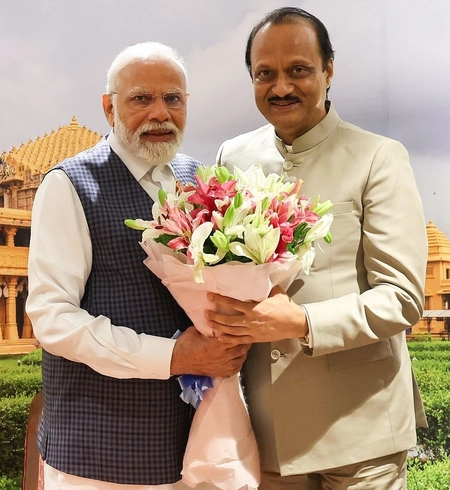In the ever-evolving landscape of international relations, Canada is making strides to alleviate tensions with both China and India, two nations with which it shares complex and multifaceted relationships. The Canadian government recognizes the importance of fostering diplomatic engagement, especially in light of the recent challenges that have surfaced in its interactions with these countries. As global dynamics shift and international alliances are redefined, Canada aims to position itself as a mediator, seeking to enhance cooperation and mitigate conflicts that have arisen over trade, human rights, and geopolitical interests.
In the context of rising tensions, the backdrop of former President Donald Trump’s administration adds another layer of complexity to Canada’s foreign policy approach. Trump’s tenure was characterized by a confrontational stance toward China, which included trade tariffs and a focus on addressing perceived injustices in bilateral relations. This approach not only affected U.S.-China relations but also had ripple effects on Canada, as it navigated its own economic ties and diplomatic engagements with both nations. With the Biden administration in power, Canada sees an opportunity to recalibrate its relationships and engage in constructive dialogue with China and India, focusing on shared interests rather than contentious issues.
Canada’s strategy involves engaging in meaningful discussions and exploring avenues for collaboration that can lead to tangible benefits for all parties involved. This includes addressing trade imbalances, enhancing security cooperation, and tackling pressing global issues such as climate change and public health. By taking a proactive stance, Canada hopes to foster a more stable geopolitical environment that encourages mutual respect and understanding. As Canada seeks to bridge gaps and promote dialogue, it aims to counterbalance the pressures arising from aggressive nationalistic policies and assertive postures exhibited by some nations on the global stage.
In its pursuit of improved relations, Canada is also mindful of the domestic implications of its foreign policy choices. Public opinion and political dynamics at home play a crucial role in shaping how the government approaches these complex international partnerships. As Canada navigates the intricate web of alliances and rivalries, it must balance the need for economic growth and security with the values of human rights and democratic principles that underpin its national identity. Ultimately, Canada’s efforts to ease tensions with China and India will be pivotal in defining its role in a rapidly changing world, where diplomacy and collaboration are essential for addressing the myriad challenges that lie ahead.




